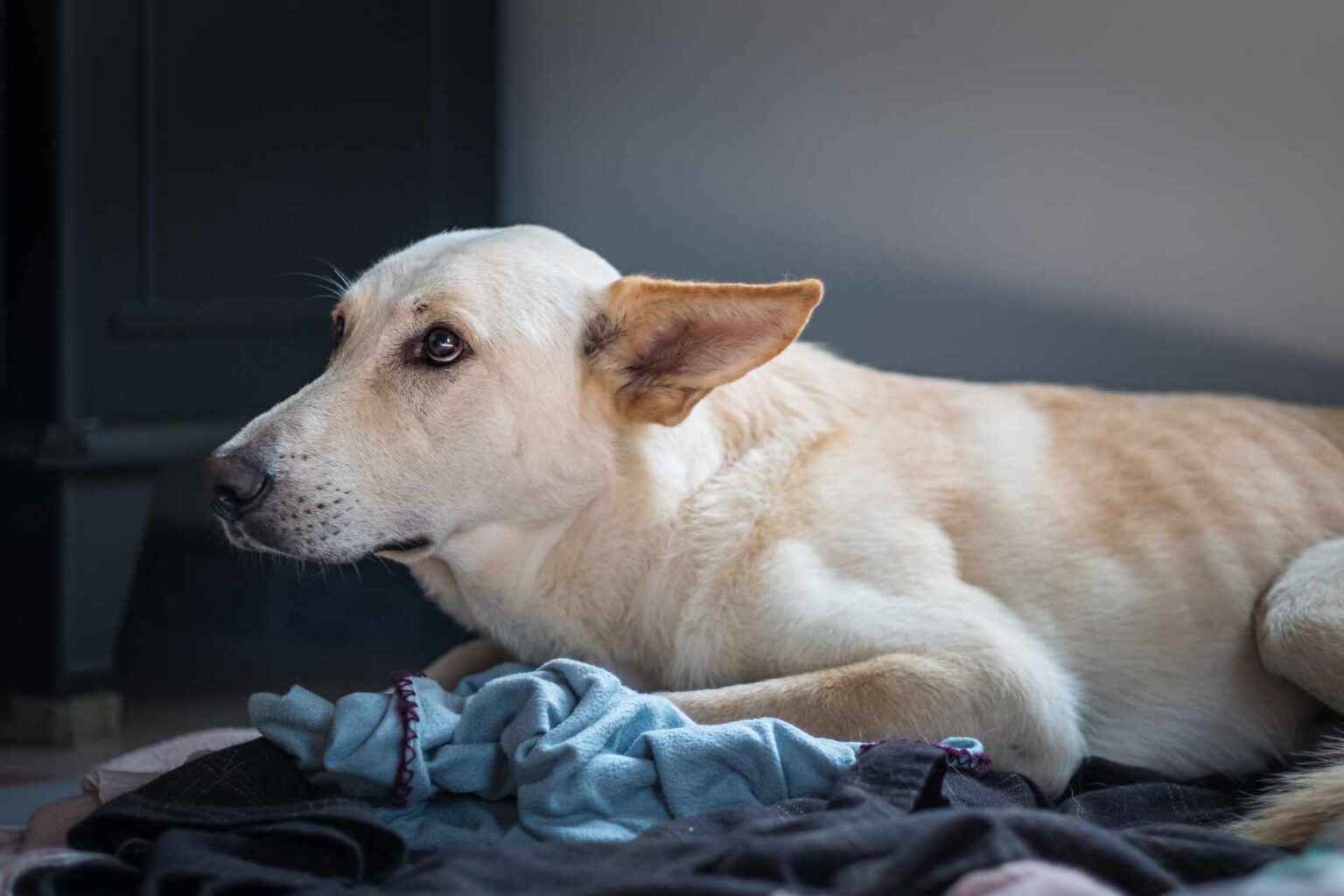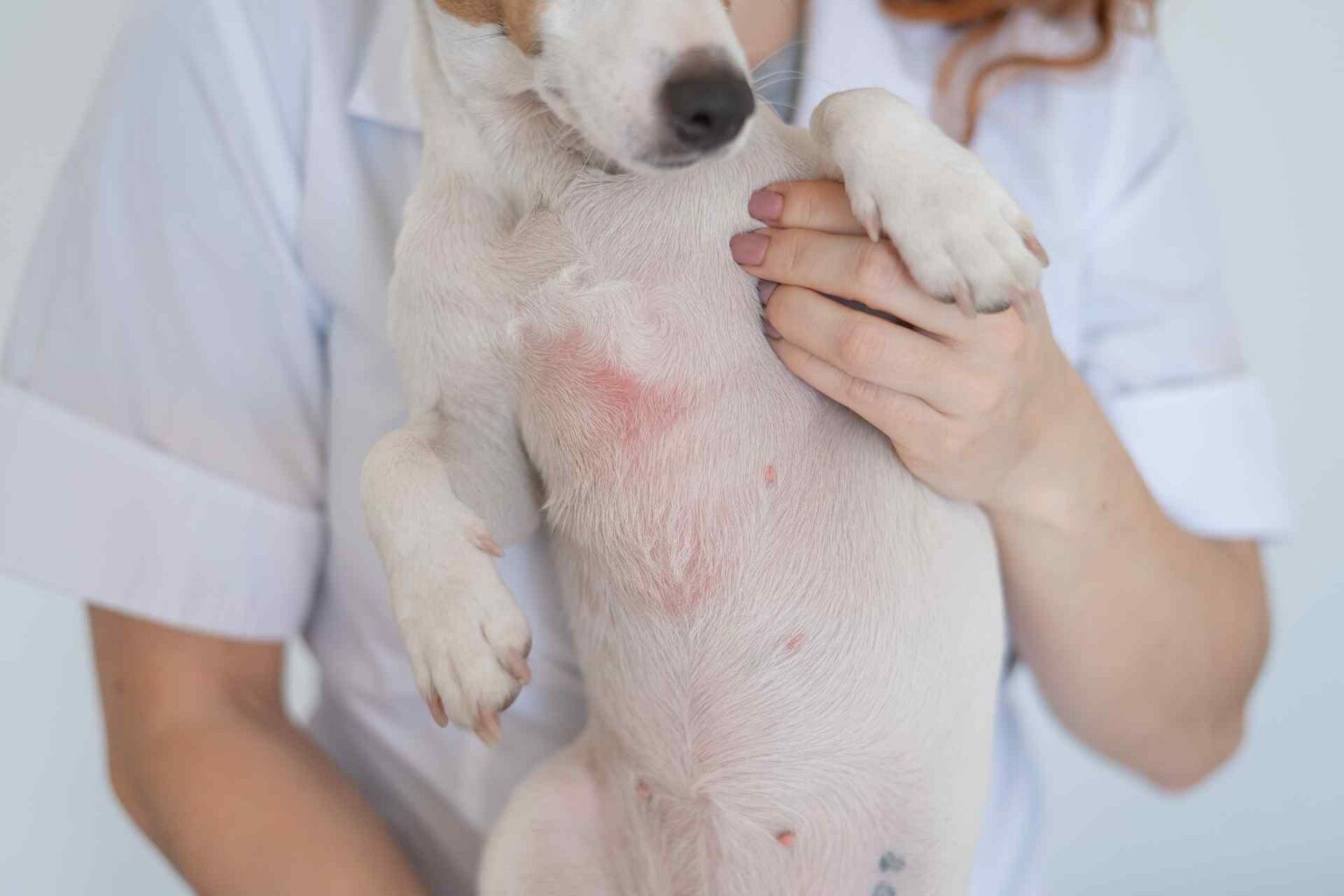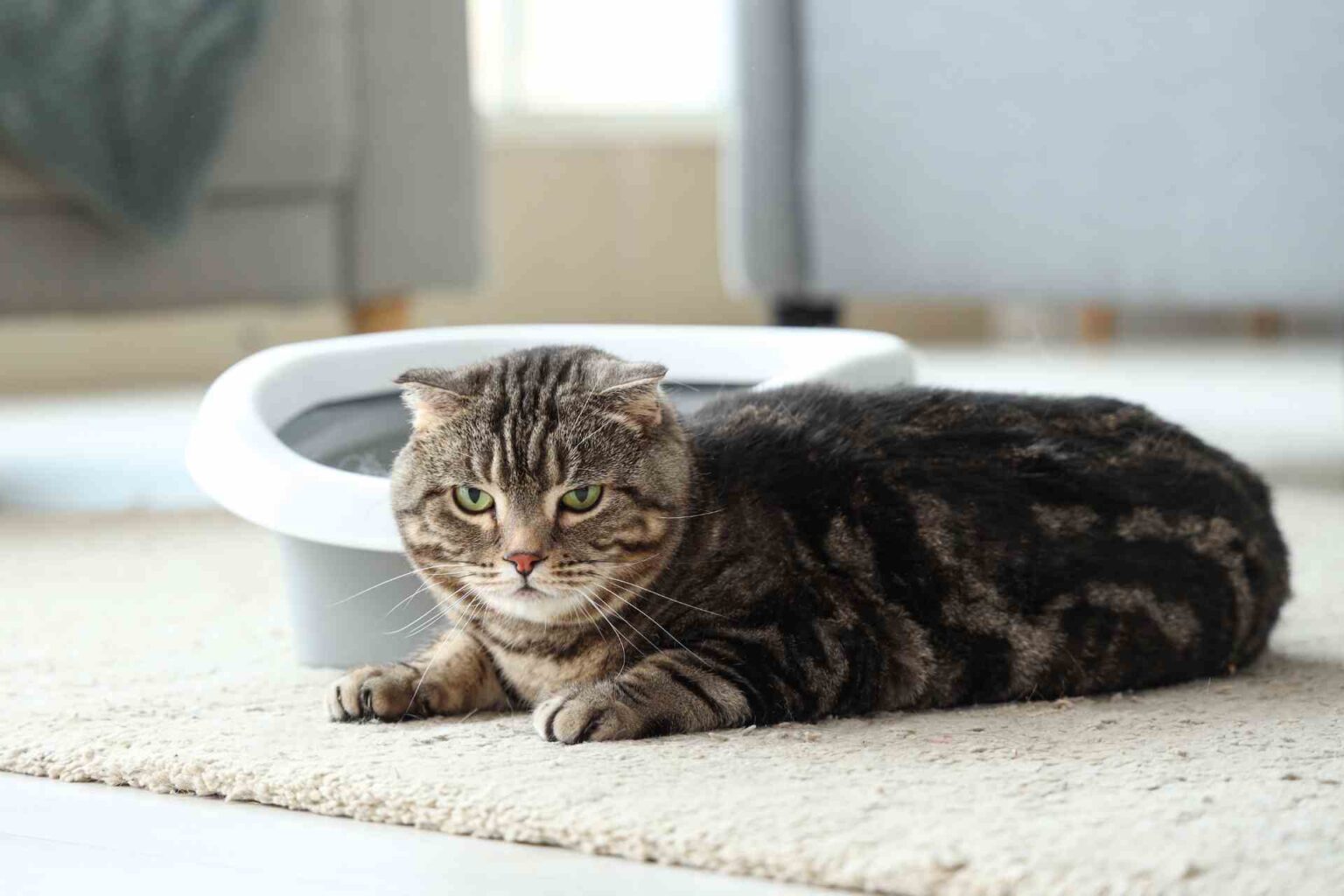Domestic dogs(Canis familiaris) have coexisted with humans for more than 14,000 years and are among the most common pets, especially in the Western world, where millions of households own at least one.
In recent years, dogs have been studied for their ability to form strong bonds with humans and other animal species, with a range of behavioral nuances. However, dog aggression toward humans, other dogs, or other animals remains a common problem that can pose serious risks to owners, other humans, and/or veterinary personnel.
Aggressive interactions, especially those involving biting, can lead to physical harm, psychological trauma, and disease transmission. In addition, aggressive behavior also poses a risk to the aggressor dog itself, as aggression is grounds, often, for abandonment of the animal in facilities where recovery of the behavior is unlikely to be achieved, which sometimes leads to euthanasia of the dog. Consequently, understanding the mechanisms and factors responsible for bad canine behaviors, which are not compatible with serene sharing of space with people or other animals, is crucial.
In recent years, various evidences have emerged suggesting that the gut microbiome may interact with and influence mammalian physiology.
These interactions include aspects of physiology related to mammalian aggressive behaviors. For example, studies have found that specific strains of bacteria (which fall under probiotics) can improve host health by modulating anxiety states and levels of stress-related hormones such as glucocorticoids.
In addition, gut bacteria can produce neuroactive substances, such as monoamine neurotransmitter precursors that act on the gut-brain axis, potentially impacting behavior and anxiety states.
Aggression and composition of the gut microbiome
To date, no study has specifically investigated the association between the gut microbiome and aggression in dogs. For this reason, Kirchoff’s study and collaborators examined fecal samples from a small population of pit bulls rescued from an exploitative condition for illegal fighting to detect any correlation between gut microbiome composition and canine aggression and to determine if aggressive behavior could be predicted.
The pit bull population examined in the study consisted of 31 dogs, of which 21 had aggressive behavior between conspecifics and 10 had normal behavior.
The results showed that dogs with aggressive behavior had a different gut microbiota composition than dogs with normal behavior.
The dominant phyla of intestinal bacteria in the 31 dogs were Firmicutes, Fusobacteria, Bacteroidetes and Proteobacteria. Notably, however, the phyla Proteobacteria and Fusobacteria were more abundant in nonaggressive dogs, while the phylum Firmicutes was more abundant in aggressive dogs.
This different composition of the gut microbiome correlated with aggressive behavior could lead to diagnostic procedures to predict aggression in order to intervene preventively.
New research perspectives
The study showed that there is a correlation between the aggressive status of dogs and their gut microbiota, with relative abundances of specific bacterial taxa varying between aggressive and nonaggressive dogs.
These observations are relevant because they indicate that aggressive dogs manifest physiological conditions in the gut that affect the very composition of the gut microbiome, and that the latter may influence aggressive behavior. This evidence may provide the basis for subsequent studies designed to predict dog aggression by analysis of the gut microbiome.
Reference
Kirchoff NS, Udell MAR, Sharpton TJ. The gut microbiome correlates with conspecific aggression in a small population of rescued dogs (Canis familiaris). PeerJ. 2019 Jan 9;7:e6103. doi: 10.7717/peerj.6103.











